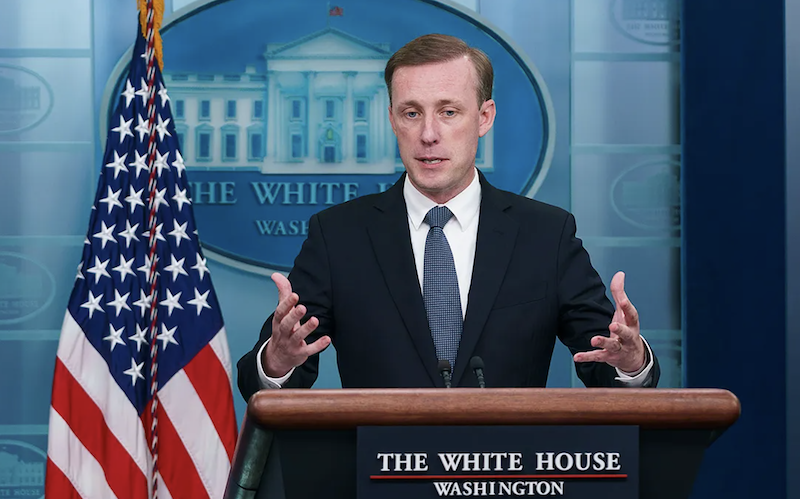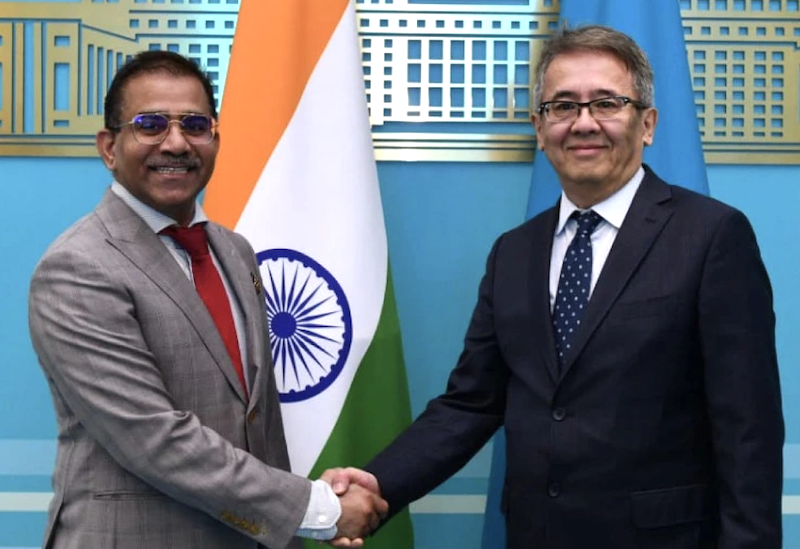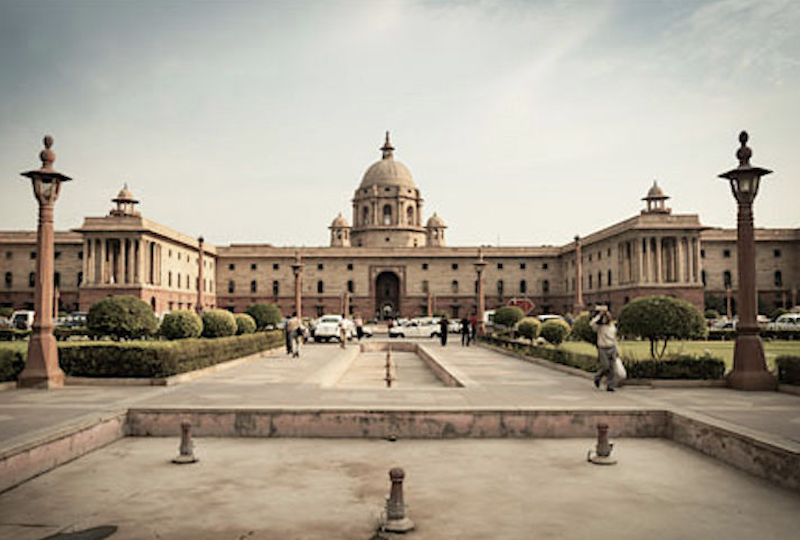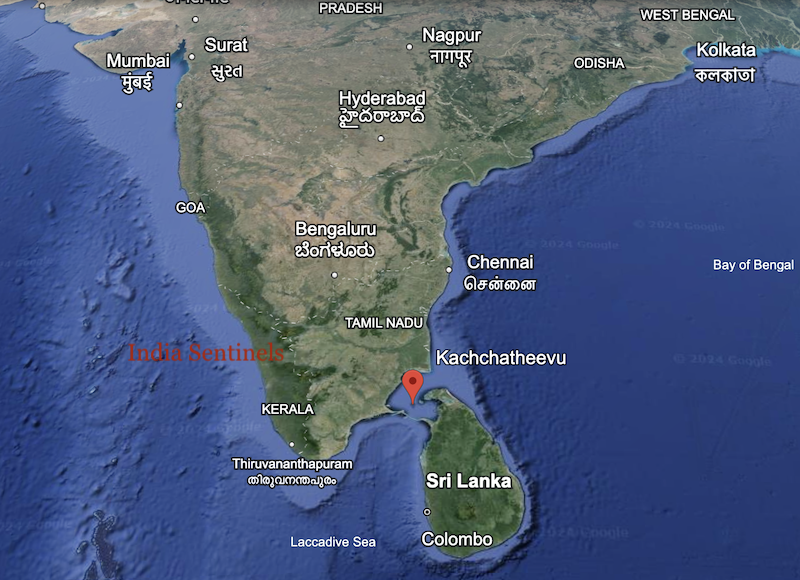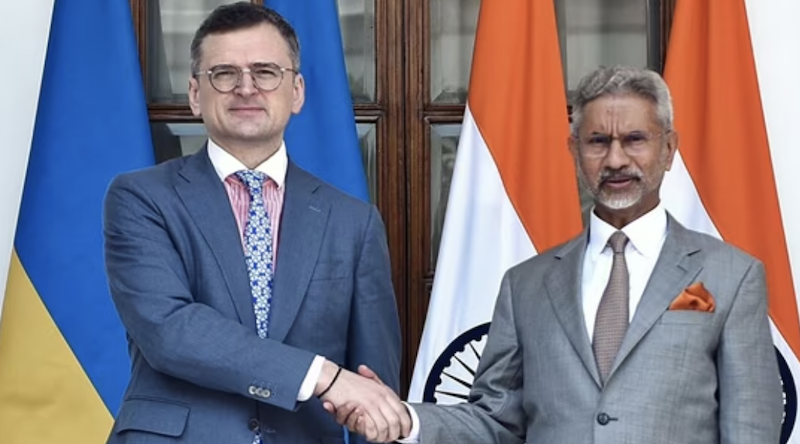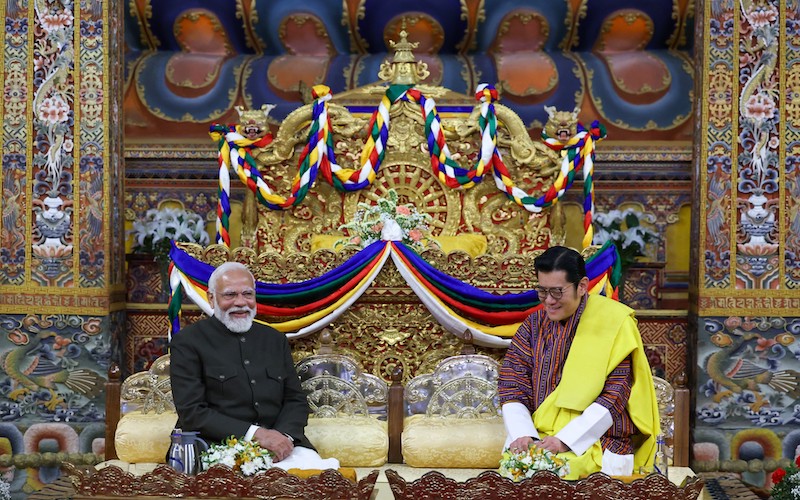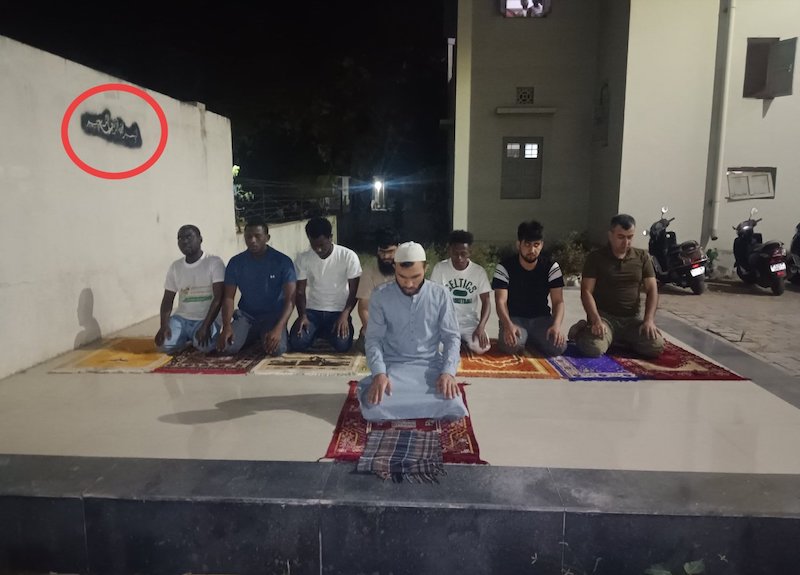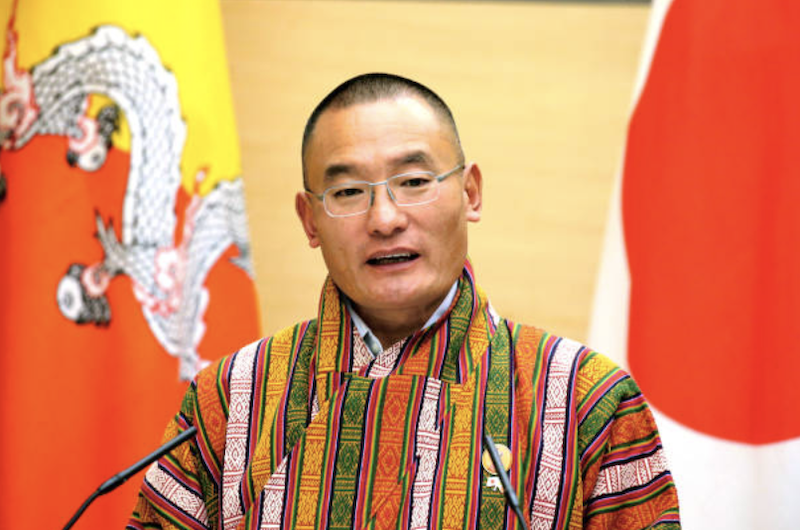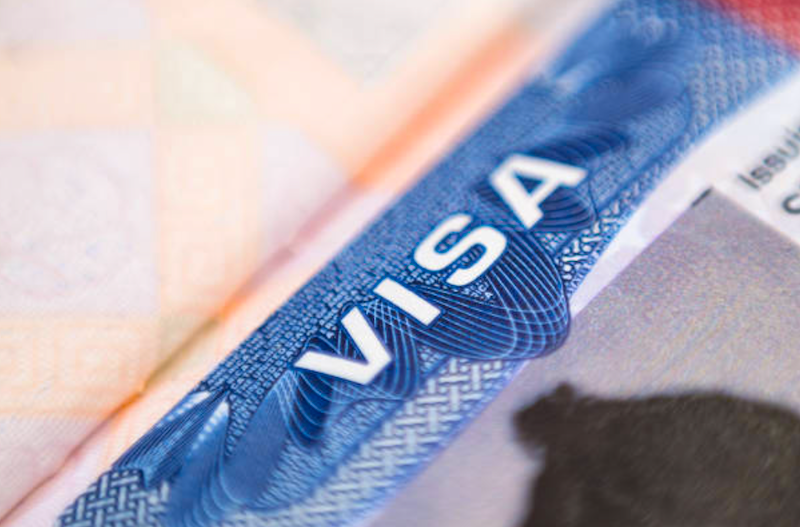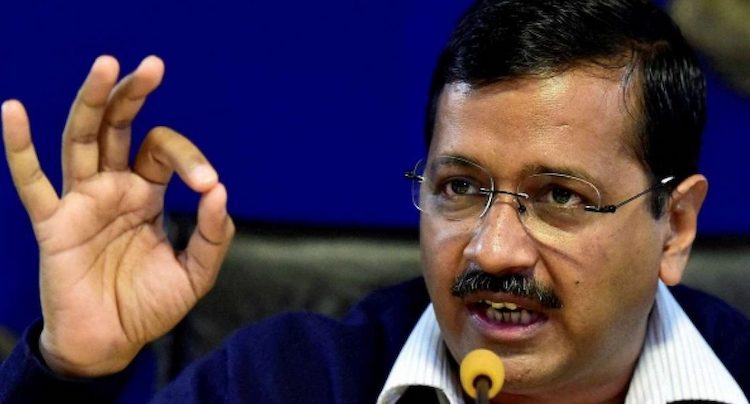 Arvind Kejriwal.
Arvind Kejriwal.
New Delhi: After the German foreign ministry said the Delhi chief minister, Arvind Kejriwal “is entitled to a fair and impartial trial, this includes he can make use of all available legal avenues without restrictions” after the Enforcement Directorate arrested the chief minister in the Delhi liquor-policy case, the United States has said that it is closely monitoring the developments and added that it “encourages a fair legal process”.
Last week, the German foreign ministry spokesman, Sebastian Fischer, in response to an email query, had made this remark. Fischer had said: “We have taken note of the case. India is a democratic country. We assume and expect that the standards relating to the independence of the judiciary and basic democratic principles will also be applied in this case.”
This prompted a sharp reaction from New Delhi and summoned Germany’s deputy chief of mission in India to lodge a protest. In a statement, the foreign ministry said: “We see such remarks as interfering in our judicial process and undermining the independence of our judiciary. India is a vibrant and robust democracy with the rule of law.” It said the law will take its own course while adding: “Biased assumptions made on this account are most unwarranted.”
Following this, the US also remarked on Kejriwal’s arrest. A US state department spokesman, Matthew Miller, said, “We encourage a fair, transparent, and timely legal process for chief minister Kejriwal.”
Miller said: “We continue to follow these actions closely, including the arrest of Arvind Kejriwal. We encourage fair, transparent, and timely legal processes for each of these issues.”
India again reacted strongly to the US’s statement. In a statement, the foreign ministry said: “We take strong objection to the remarks of the spokesperson of the US state department about certain legal proceedings in India.”
It further said: “In diplomacy, states are expected to be respectful of the sovereignty and internal affairs of others. This responsibility is even more so in the case of fellow democracies. It could otherwise end up setting unhealthy precedents.”

